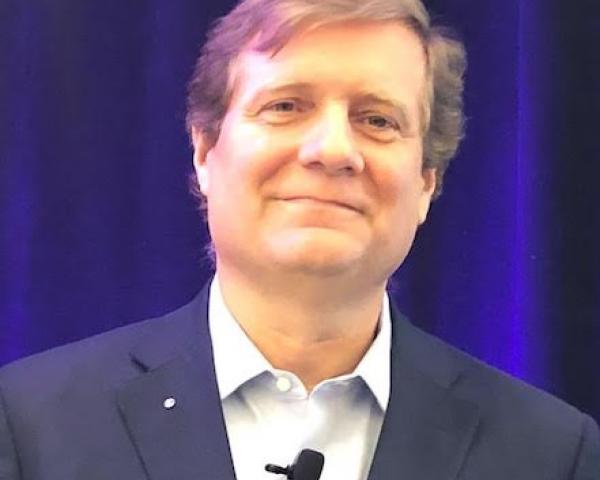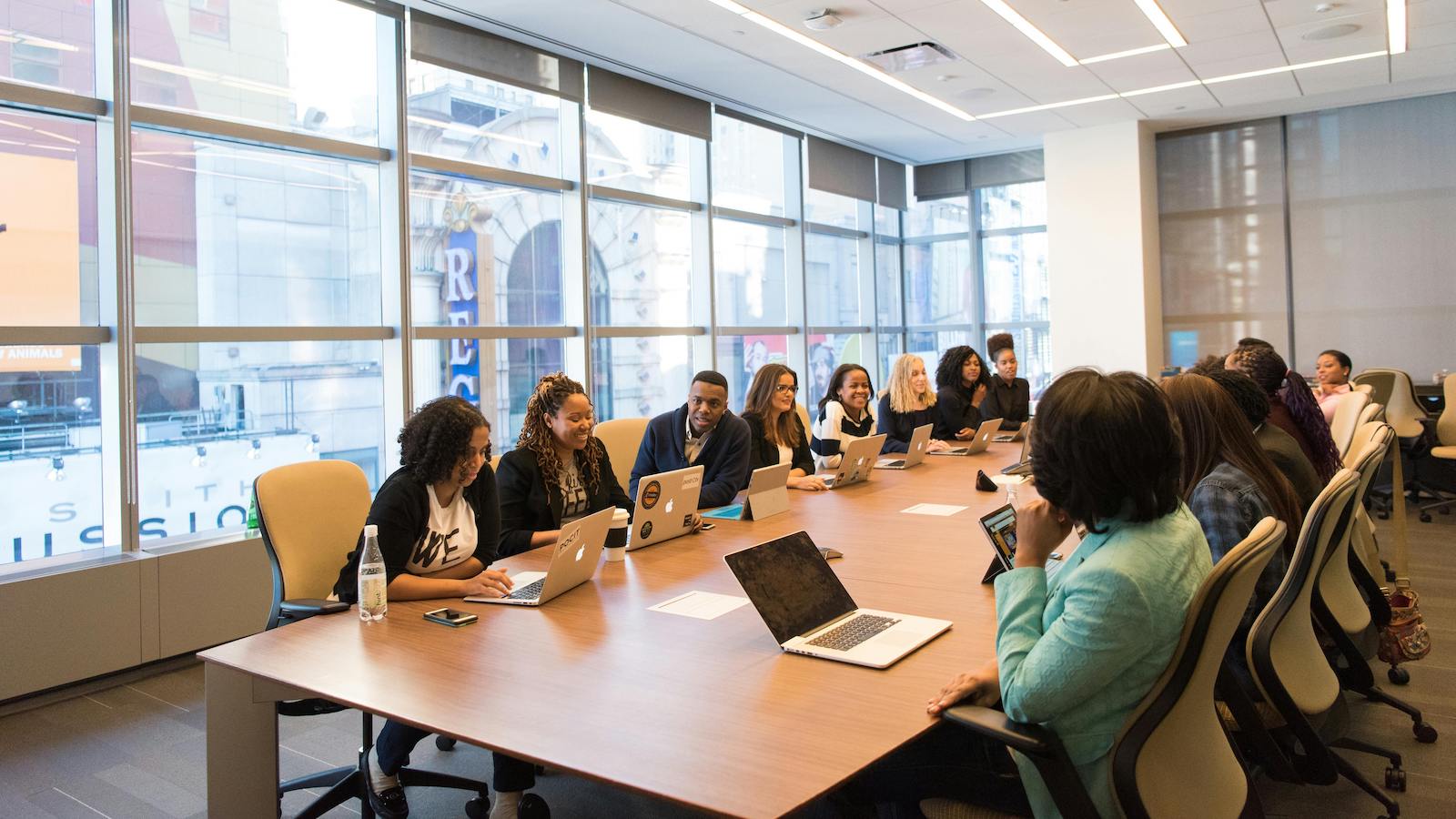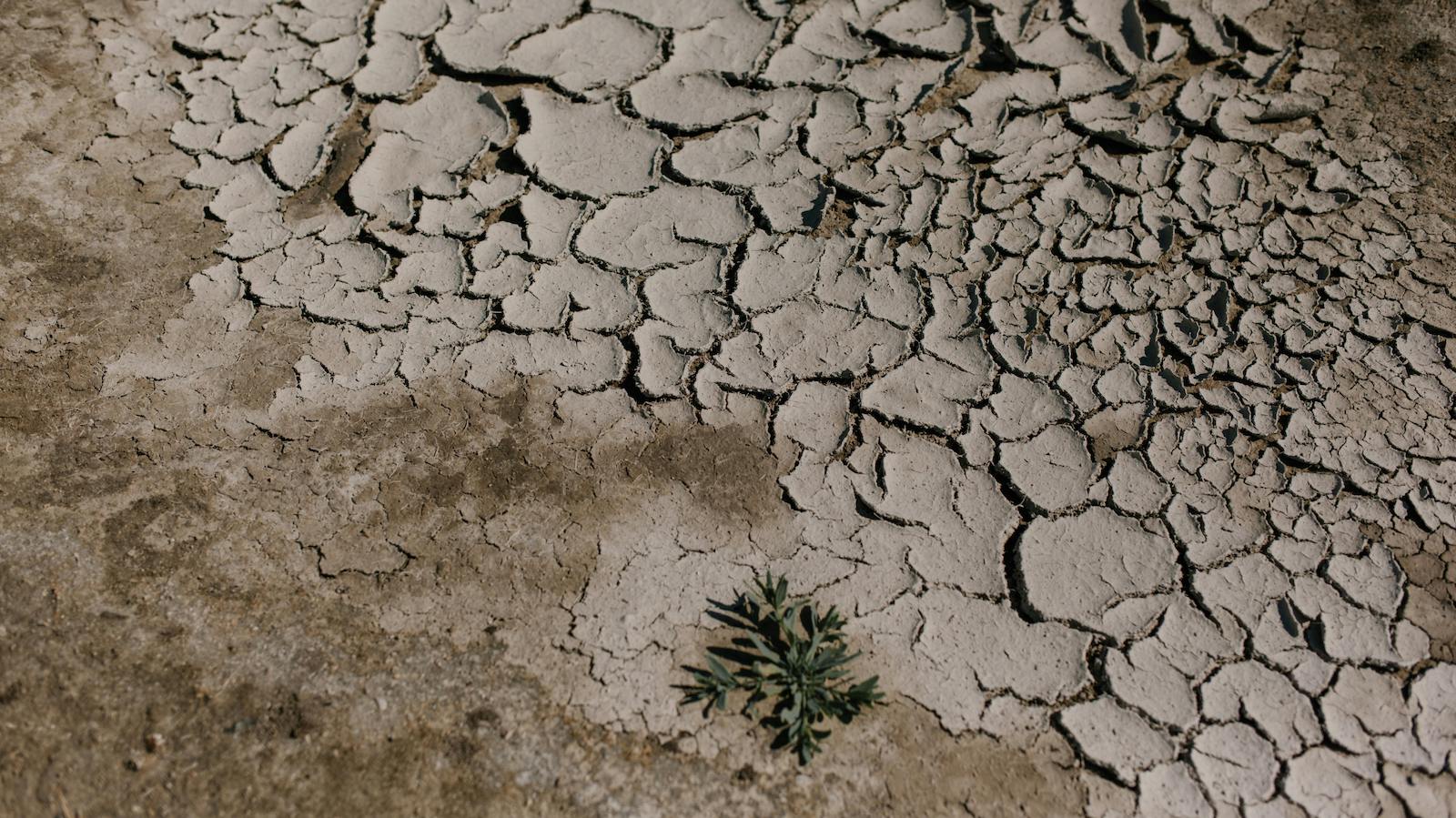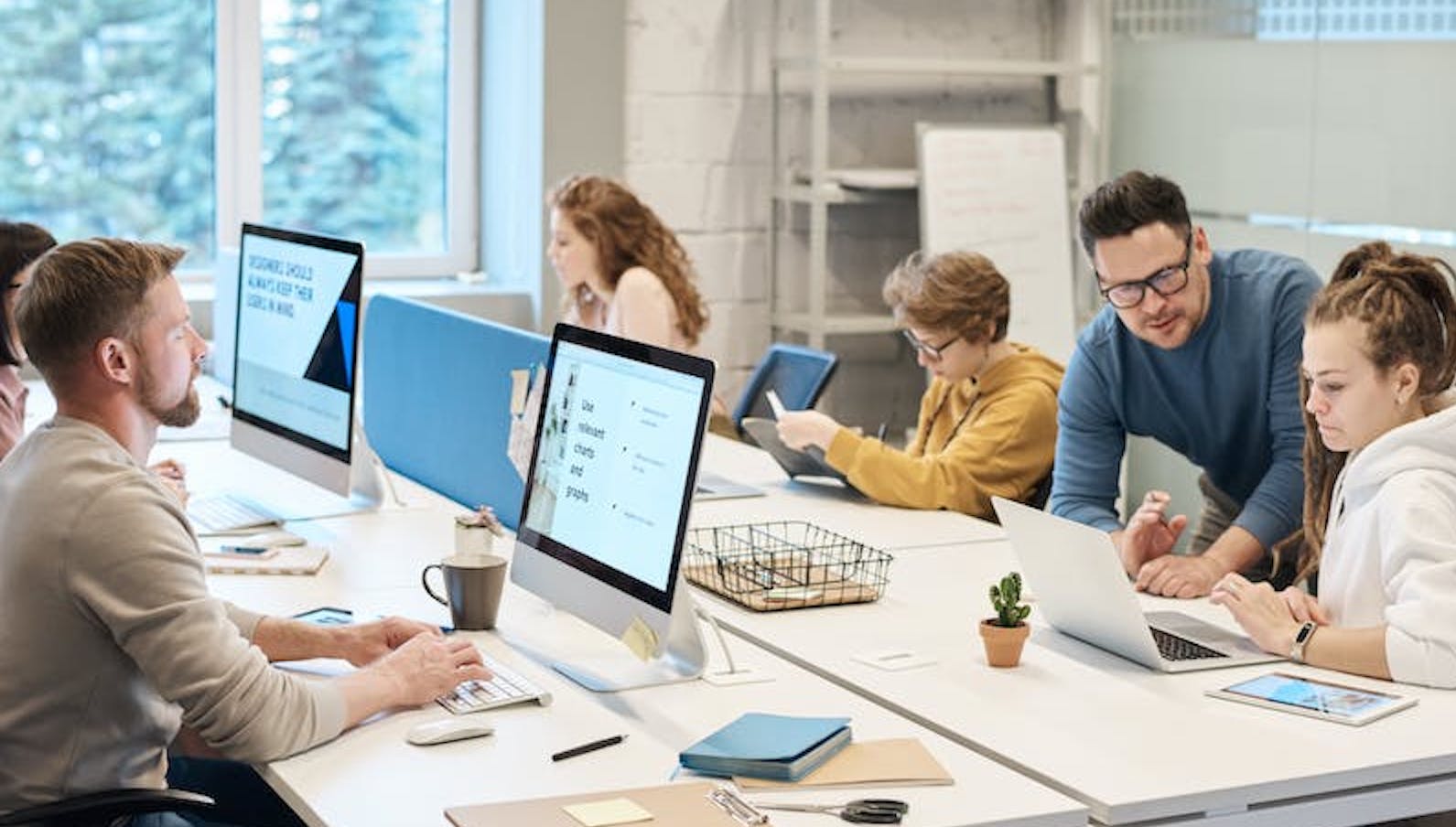We must act.
This is the plea we are hearing from our streets. It’s the realization we hear in our own heads during quiet moments of self-reflection. And it’s the refrain we are starting to hear from some corporate C-suites that are coming to grips with the reality that establishing Diversity & Inclusion roles and Employee Resource Groups simply isn’t enough to support racial equity.
For the insurance sector, this moment could go either way. We could retreat to familiar ground and tell ourselves that, despite lots of efforts, black, brown and other minority job-seekers simply don’t find the insurance world interesting or attractive. After all, we’ve been telling ourselves that on talent broadly for generations. Or we could embrace our role in society and treat institutional inequality as one of the most insidious—yet pervasive—risks facing the communities we’re here to protect. To take this approach would require that we reflect the diversity of those communities, which in turn will require new ways to recruit from traditionally underserved talent pools, as well as new efforts to develop, retain and promote diverse talent.
Luckily for any insurance executive taking these issues seriously, there is such a new way—it’s called apprenticeships. Simply put, apprenticeships are ways to allow new employees to earn while they learn, drawing a full-time salary while they advance their education and work. Long a fixture in European job markets, the model is growing fast in America, with over 710,000 apprentices hired since 2017.
Some industry leaders like The Hartford, AON, SECURA and Zurich have established their own apprenticeship programs that now employ hundreds of apprentices. The programs have proven successful against metrics such as retention, employee engagement and upward mobility.
See also: Step 1 to Your After-COVID Future
More than their operational success, these programs have exposed their sponsors to new pools of talent that we traditionally overlooked: people returning to the workforce after a hiatus for family reasons, veterans returning to civilian life, racially diverse people who didn’t previously see a path to college and service or retail workers who want to move from jobs to careers. At their core, these programs are rooted in the principles we must collectively embrace to effect systemic change, including equal employment opportunity, diversity and inclusion and social impact.
The truth, however, is that establishing apprenticeship programs can be complicated. Beyond simply the internal HR programs and financial investment, sponsors need to select community colleges, develop curriculum and file for certification with government agencies. It’s why only a few of the industry’s largest players have had the resources to make such programs happen.
Earlier this year, that all changed with the launch of Insurance Apprenticeship USA (IAUSA), an industry effort backed by the American Property Casualty Insurance Association that aims to catalyze local efforts to bring together insurers, reinsurers, brokers, agents, risk management functions and others dependent on insurance talent to jointly establish local apprenticeship programs.
In fact, during the last business trip I took before COVID-19 changed the world, I had the honor to stand before 300 industry leaders and seek commitments on who would be willing to organize such discussions in their home markets. In a matter of minutes, we had volunteers in 14 cities across America, and you could feel the energy in the room as a grassroots movement was born before our eyes.
However, within two weeks we were coming to grips with the most destructive global pandemic in a century, and soon thereafter an economic collapse faster than the Great Depression. Among the many corporate casualties was any new initiative not directly related to COVID-19, as we all adjusted to new ways of functioning and took stock of how deeply our lives, companies and society had changed.
It is why many contemporary historians began calling this the Great Reset, or the Great Pause. We saw the fragility of modern life and realized just how tenuous the underpinnings really were.
And then — just as we thought the COVID-19 crisis was leveling off — we witnessed the brutal murder of George Floyd, bringing other police-involved killings of black people to the fore, and in a matter of days a 400-year-old struggle with oppression seemed to transform from a series of isolated causes to a cohesive national movement. Personally, the reason I believe it’s different this time is that we’re different this time. We’d just redefined what “essential” meant, and in coalescing against a common enemy we self-identified as humans first.
It’s in the face of these new truths that we all must ask ourselves, “Are we doing enough?” Are we as individuals making that shift from passive resistors of hate to aggressive agents of change? Are we as companies fully understanding the power of opportunity that is truly accessible to all? Are we as insurers using all the tools we possess to adequately prepare society for the complex risks it faces, be it from new vicious pandemics, continuing social inequality or the looming climate crisis?
See also: 2020 Outlook for U.S., Americas
Insurers have the opportunity under the IAUSA banner to literally change the face of the industry within just a few years. The first IAUSA program kicks off this August in Manhattan, and with industry support we could spread this model to dozens of cities across America. It’s not a panacea and will need to be only one of many actions we take—as individuals, companies and an industry—but it’s the type of institutional step we can take now to capture this moment in history.
Never forget that we’re the industry that drives toward the storm when everyone else is driving away from it. It’s that spirit that led us to create Underwriters Lab (UL), the Insurance Institute for Highway Safety (IIHS) and the Insurance Institute for Business & Home Safety (IBHS). And it’s that same spirit that should drive us now to stand proudly on this history of societal risk leadership and take concrete steps to tackle social inequality and move toward greater equity.
We must act.








